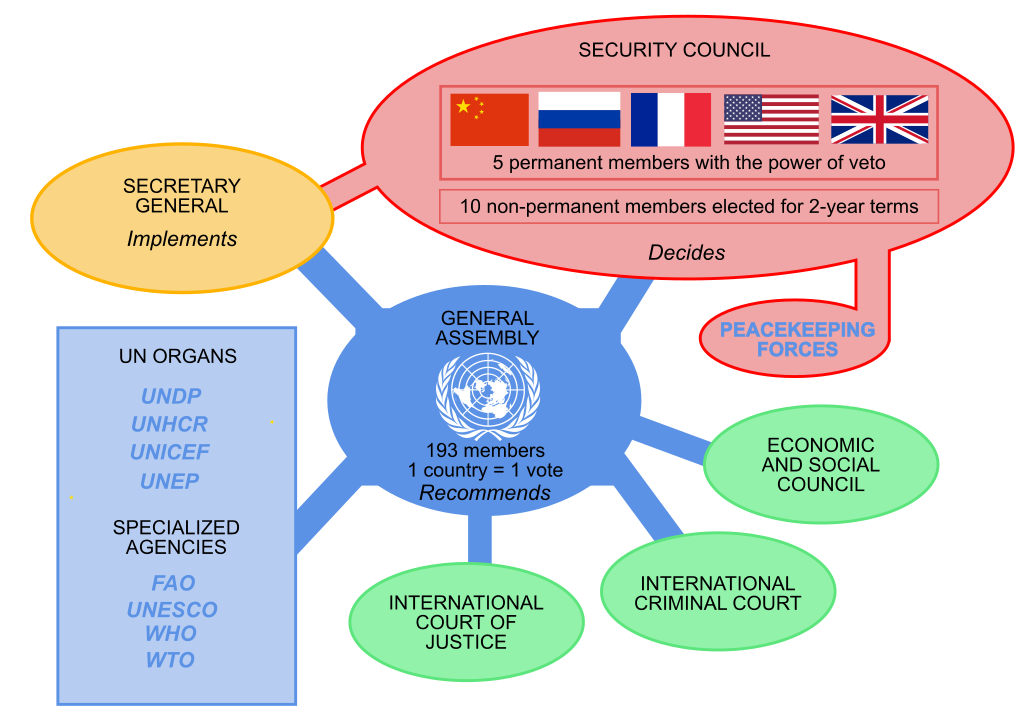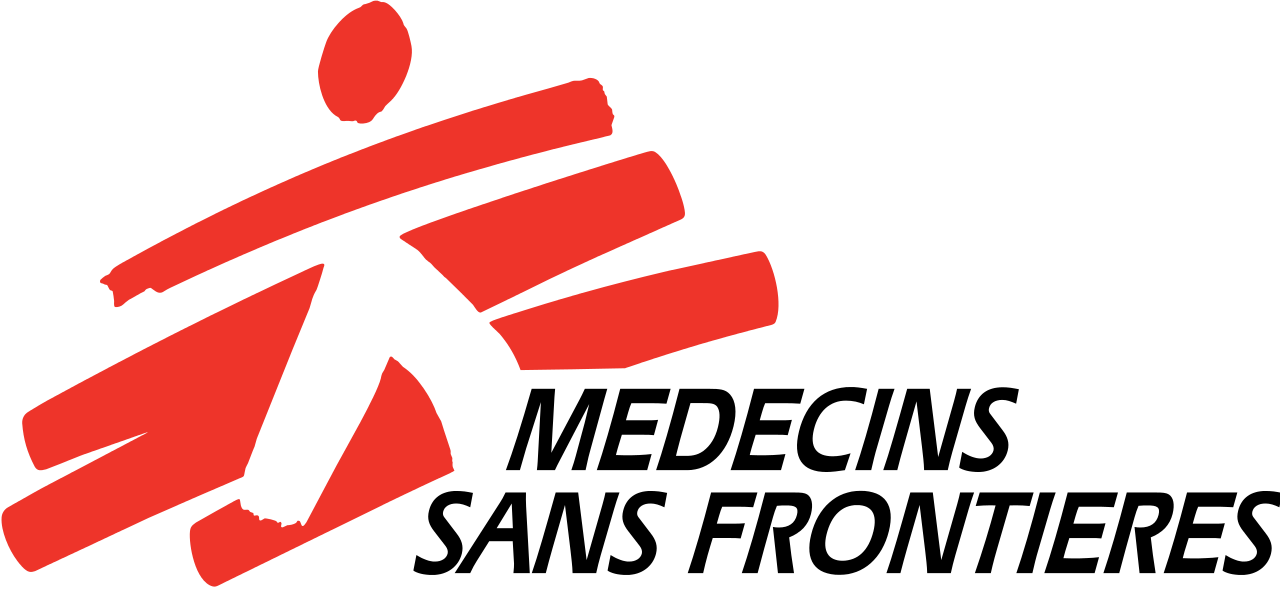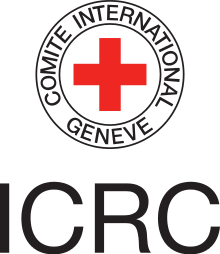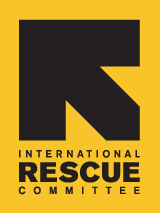International Organizations
Ilona Linkola
Sampo Järvinen
International Organizations
- An organization with international membership, scope or presence
-
Intergovernmental organizations (IGO's)
- General
- United Nations System
- Other Intergovernmental organizations
-
Non-governmental organizations (NGO’s)
- The definition and features of an 'NGO'
- The role of NGOs in international law
- The role of NGOs in the UN system
Intergovernmental Organizations
-
Composed of nation-states
-
Promotes voluntary co-operation and coordination among its members.
-
Subject to Public International Law
-
Legislation
-
Created through treaties
-
- Permanent
- Sovereignty of States --> Non-enforceable decisions
- Circa 5000
Universal
- Open for all states to join
- Global presence
Regional
- Membership limited to a certain geographical location
- Regional presence
Intergovernmental Organizations
Intergovernmental Organizations
-
Three principal organs
- Assembly
- Council
- Secretariat
- + Subsidiary organs

The United Nations System
- The successor of League of Nations
- Established after World War II in 1945 to maintain peace and security
- Global presence
- 192 member states
-
A fragmented framework of semi-independet agencies
- Humanitarian and refugee operations
- Postal services
- Standard setting
- Fight against HIV/ AIDS
- Peacekeeping operations......
The United Nations System
-
Major overlapping organizations
-
G20
- International Financial stability
-
OECD
- Market Economy
-
Red Cross and Red Crescent
- Humanitarian assistance
-
NATO
- Peacekeeping
- Growing number of NGO's
-
G20
Non-governmental Organizations
- No universally accepted definition of what is an 'NGO'
-
Elements commonly included as characteristic to NGOs:
-
not created by a governmental entity or intergovernmental agreement
-
voluntary and self-governing
-
non-profit making aim
-
formal existence and legal personality under national law
-
-
Different fields of focus
-
Different operational levels
Non-governmental Organizations







Save the Children



The role of NGOs in international law
- No formal legal status under public international law
- NGO participation and relationships with IGOs:
- institutionalised relationships
- behind-the-scenes influence and lobbying
- participation in international conferences
- operational cooperation
The role of NGOs in the UN system
- Consultative status with ECOSOC
- Article 71 of the UN Charter
- ECOSOC Resolution 1996/31
- principles for establishing consultative relations
- status granted by ECOSOC
- three forms of consultative status
- Relations with UN human rights bodies
- Participating in UNGA special sessions
- + Operational cooperation, informal influencing...
Thank you!
deck
By Sampo Järvinen
deck
- 245



